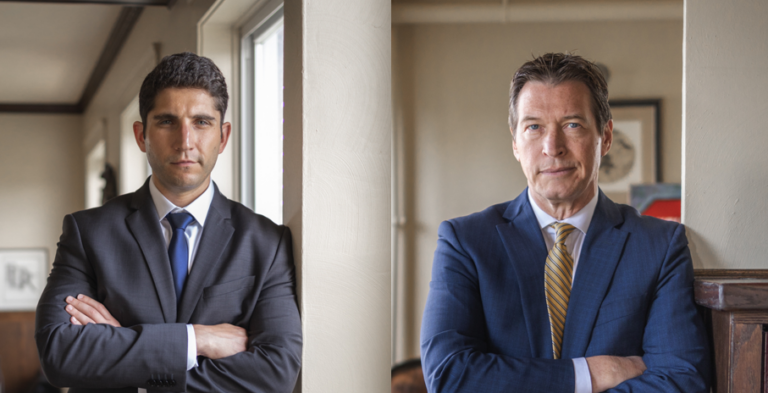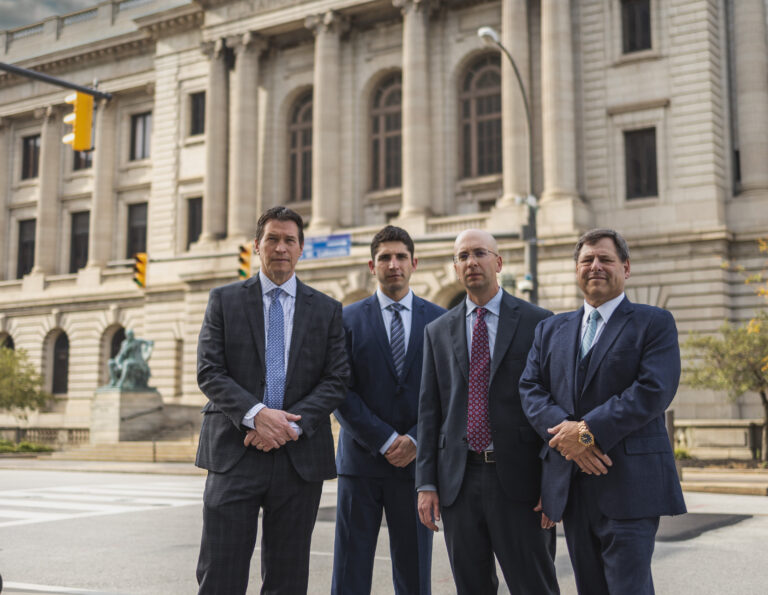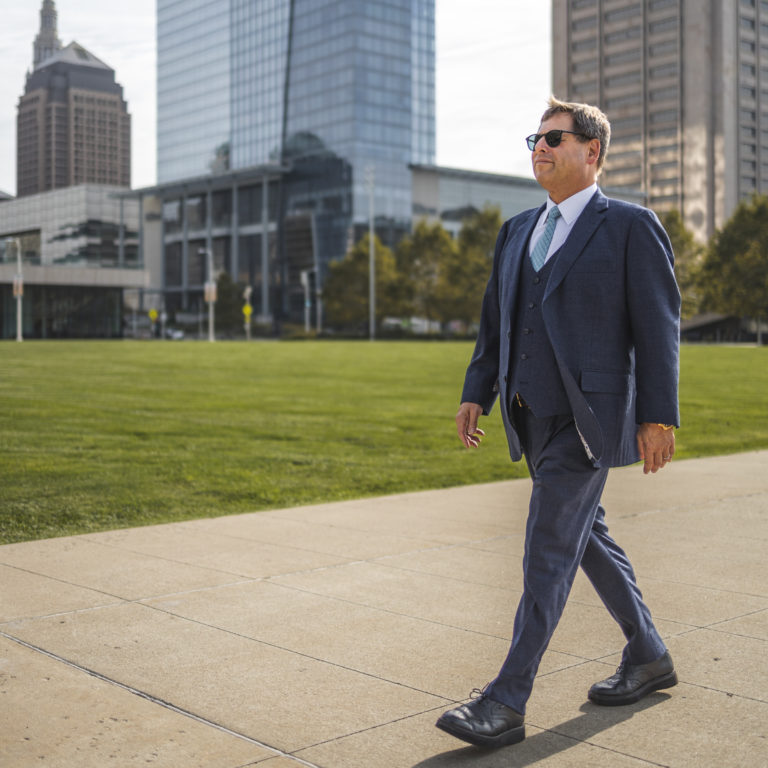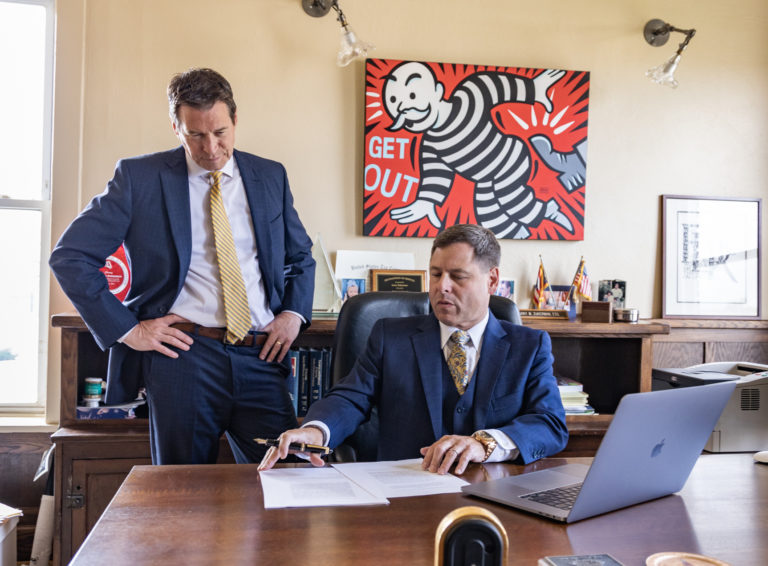Former President Donald Trump has been indicted. Again. This time, a federal grand jury in the Southern District of Florida alleged offenses related to him concealing (and conspiring to conceal) confidential, top secret and classified documents from federal investigators.
For an overview of the criminal trial process and what might be expected in the months to come, refer to our April 14 article (concerning Trump’s state-court criminal indictment) entitled “Indictment of presidential proportions – criminal indictment basics and what lies ahead for Trump.”
Like anything involving Trump, his opponents applaud his most recent indictment while his supporters decry the indictment as political persecution.
That being said, the 38-count, 44-page federal indictment certainly makes for an interesting read. However, one thing about the allegations throughout the indictment stands out, perhaps more so than anything else – repeated references to “Trump Attorney 1” as being a witness from whom law enforcement obtained ostensibly privileged information and statements to further the government’s criminal prosecution. Simply put, one of Trump’s attorneys has turned against him, has cooperated with law enforcement agents, and has now become a material witness against former Present Trump.
But how, some might ask, can a lawyer simply betray their client’s confidences and cooperate with law enforcement by informing them of the alleged incriminating things that Trump did or told them in confidence? Isn’t that what the attorney-client privilege protects against?
The answer? At least here, appears to be (at least in part), what is known as the “crime-fraud” exception to the attorney-client privilege.
All communications between an attorney and a client are not “privileged.” Like anything in the law, the answer is “it depends.” In general, the attorney-client privilege attaches only to communications made in confidence to an attorney by that attorney’s client for the purposes of securing legal advice or assistance. This privilege enables clients to communicate freely with their counsel, sometimes even admitting past wrongdoing, to determine the most appropriate legal strategy, without the fear of those communications being discussed by anyone, let alone to be used against him or her.
However, the “attorney-client privilege does not protect communications made in furtherance of a crime or fraud.” (In re: Grand Jury Investigation, 842 F. 2d 1223, 11th Circuit, 1987).
Both state and federal courts have held that, “(t)he crime-fraud exception exists to recognize that the attorney-client privilege cannot serve as a shield for fraud or as a tool to aid in the commission of future criminal activities; if a communication is not made in the course of seeking or giving legal advice for a proper purpose, it is not protected.” (In re: Miller, 357 N.C. 316, 335 (2003); Noble Bottling LLC v. Gora LLC, 3:20-CV-363 (W.D. North Carolina 2023)).
Here, federal authorities allege that, in essence, Trump attempted to use his attorney to help him facilitate the concealment of the confidential documents – a criminal offense. Thus, the former president’s communications with Trump Attorney 1 in this regard are not privileged and neither Trump, nor his former attorney, are likely to succeed in preventing Trump Attorney 1 from testifying against him at trial, on the grounds of attorney-client privilege.
Furthermore, law enforcement almost certainly informed “Trump Attorney 1” of his or her own potential criminal liability for the shenanigans around Trump’s alleged document-concealing if he or she did not come clean and reveal Trump’s communications and actions.
Notably, this is not the first time Trump has been accused of using one of his attorneys to further alleged wrongdoing (Google Trump’s former attorney Michael Cohen for more on the subject). There are references to notes and recordings made by “Trump Attorney 1” throughout the indictment. Again, showing that Trump used one of his attorneys to further his alleged wrongdoings.
How this federal criminal indictment, as well as the pending state-court criminal indictment, will impact Trump’s run for re-election, if at all, is unknown, as these circumstances are of first impression in nearly every way. In the meantime, the circus continues. As for the attorney-client privilege, if Trump was not well-versed in the bounds of the privilege before his recent federal indictment, he likely now has a much better understanding of its limitations.
Larry W. Zukerman is the managing partner of Zukerman, Lear & Murray, Co., LPA in Cleveland and Adam M. Brown is an associate attorney. Content provided by advertising partner.








